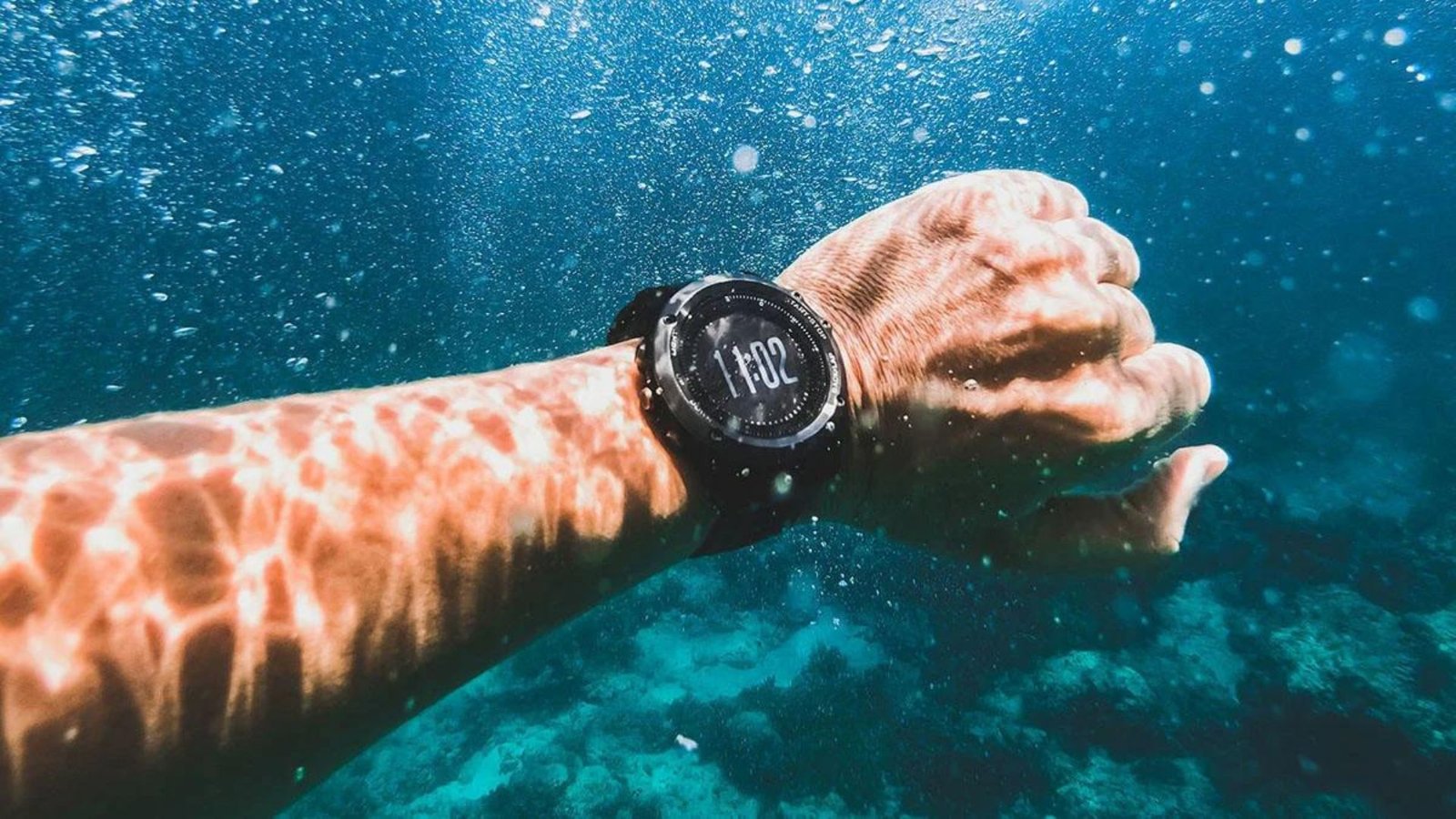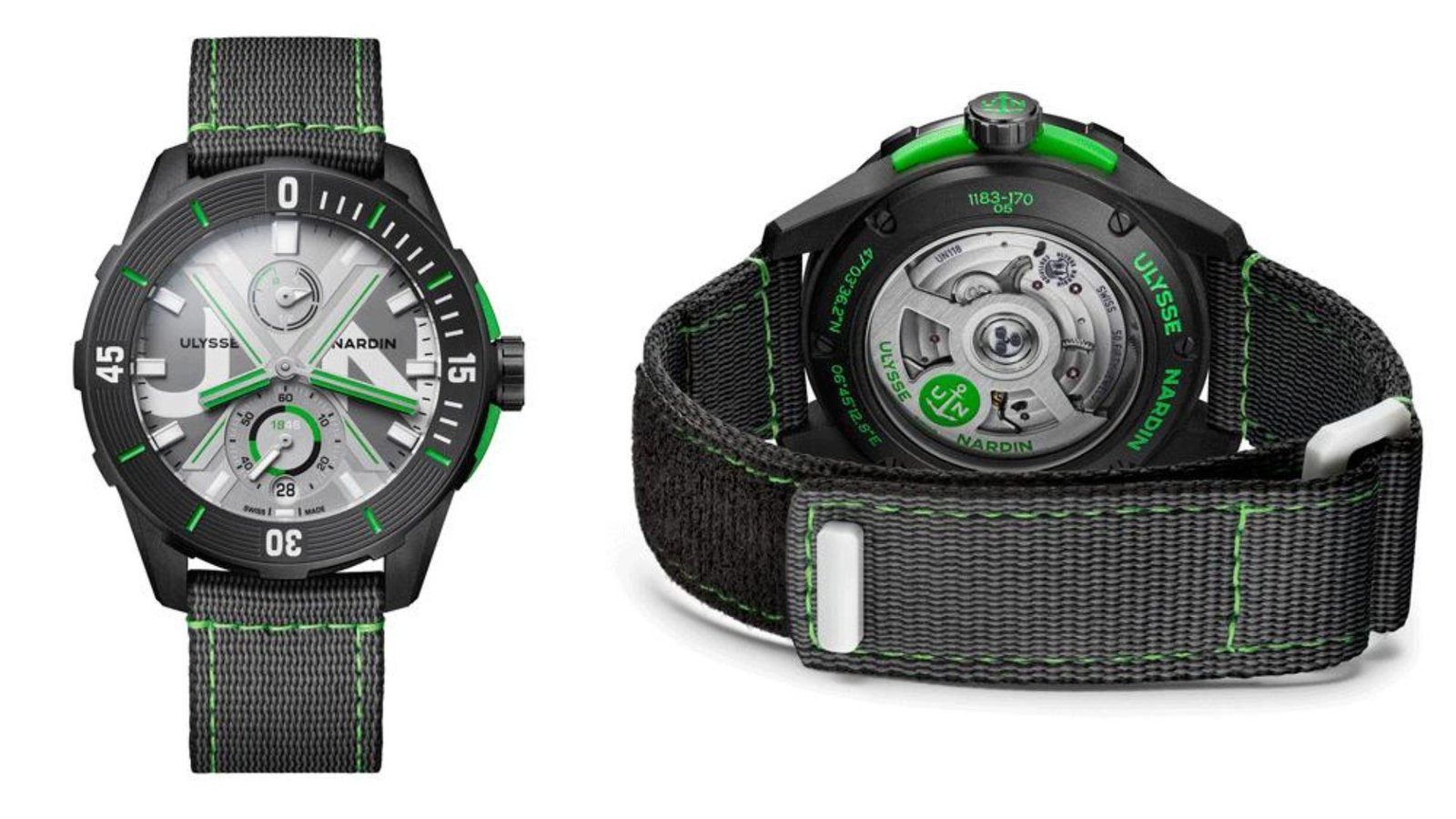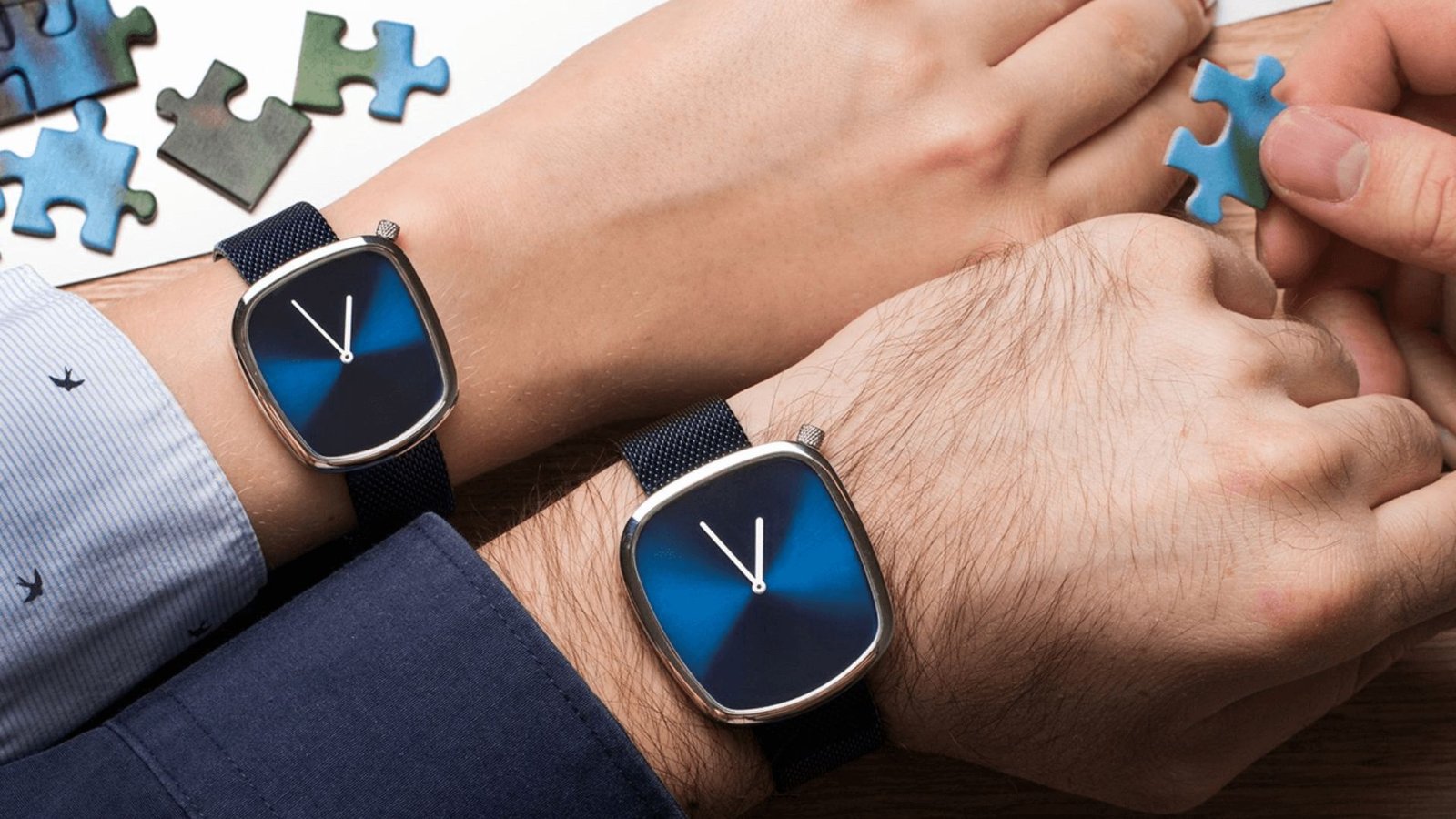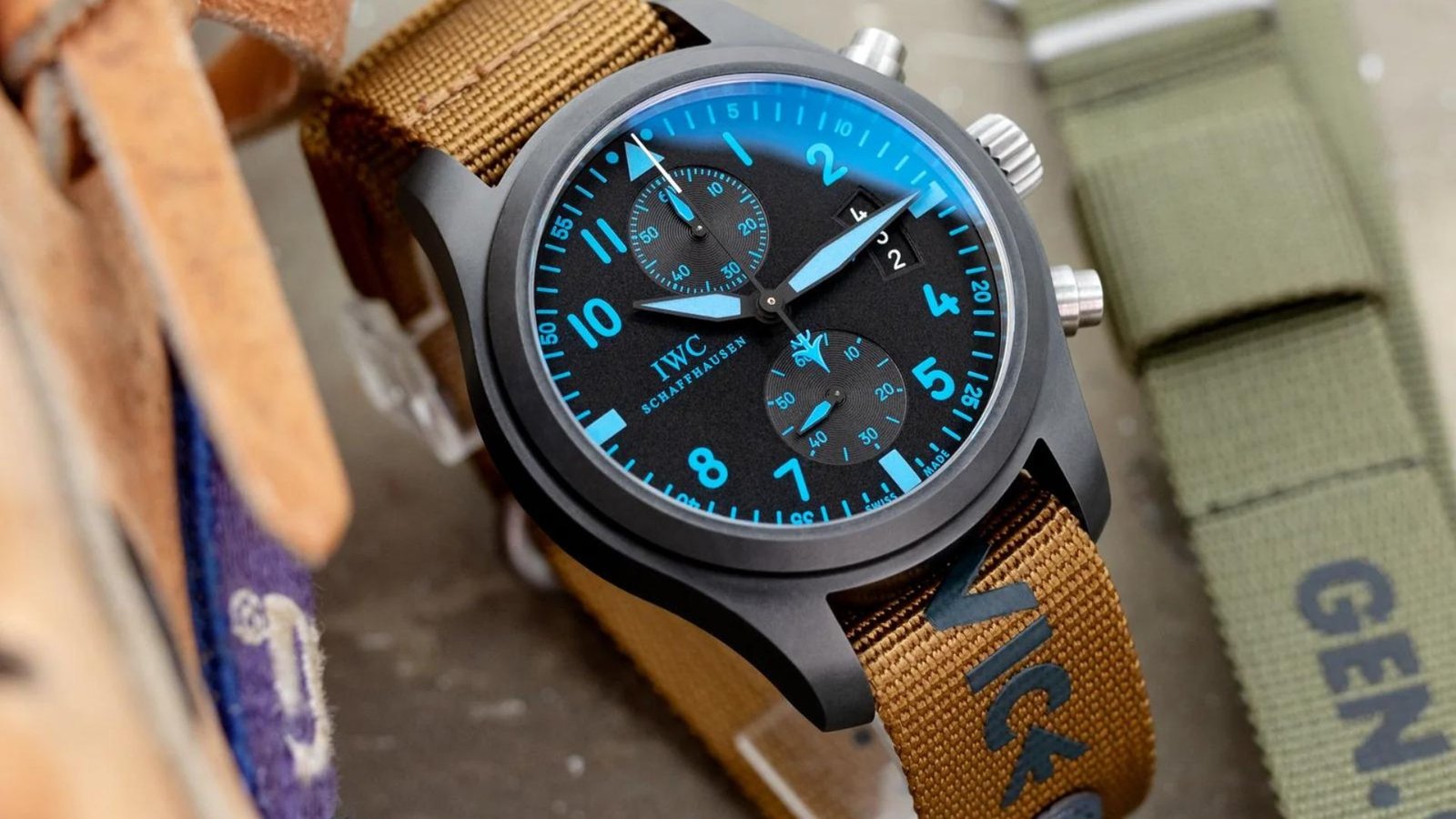When it comes to water-resistant watches, choosing the right materials is crucial. Water-resistant watches are designed to withstand exposure to water, whether you’re swimming, showering, or just caught in the rain. Therefore, selecting the best watch materials ensures that your watch remains functional and stylish under various conditions. In this article, we will explore the top materials for water-resistant watches and explain why they matter.
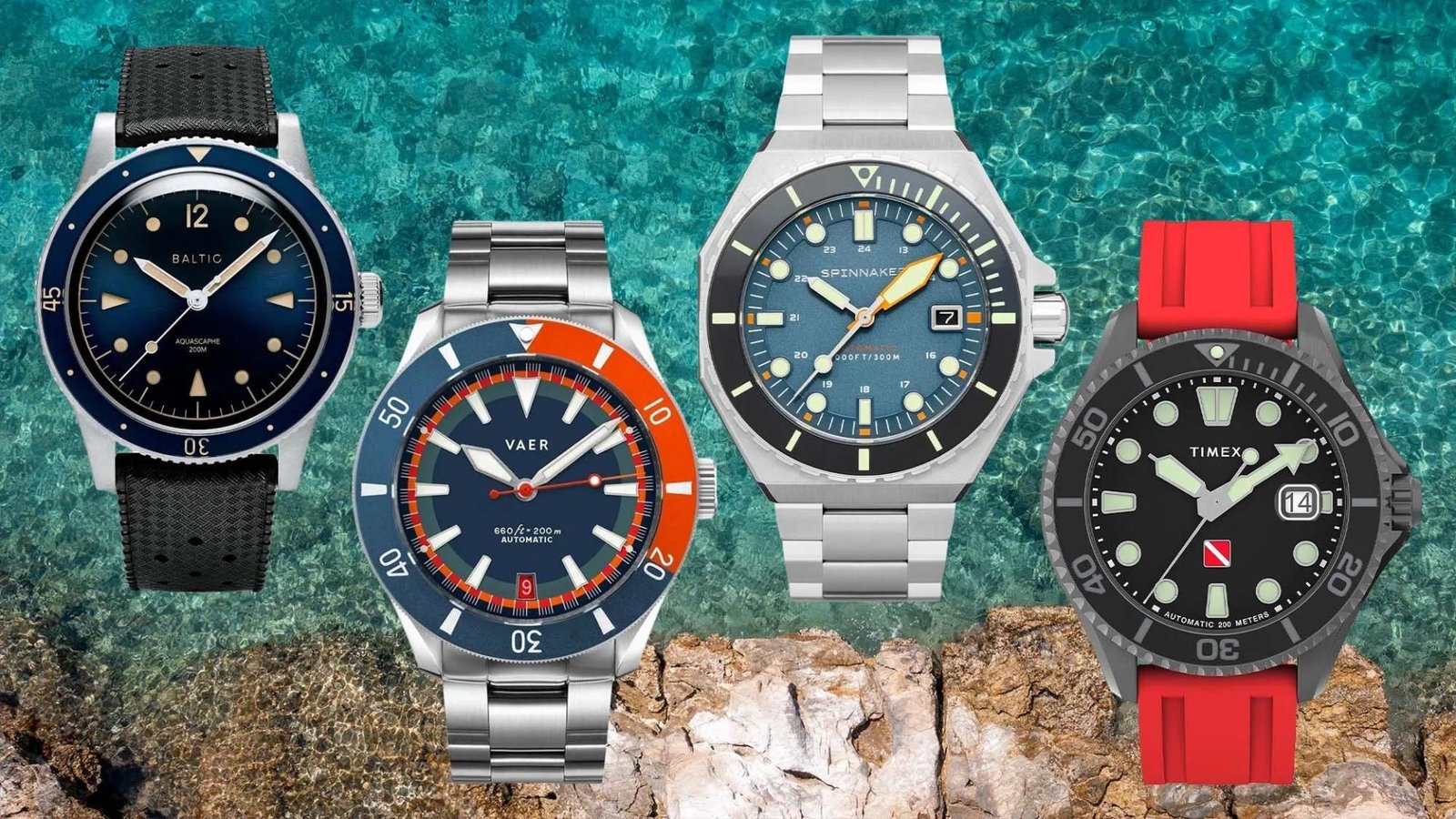
The World of IWC Timepieces
IWCWatchBlog.com is a dedicated platform for enthusiasts of International Watch Company, offering insights into their exquisite craftsmanship and rich history. Explore reviews of their latest models and delve into the world of fine horology. For those with diverse online interests, you can find information about top online casinos.
Why Materials Matter for Water-Resistant Watches
Importance of Quality Materials
Firstly, the materials used in water-resistant watches directly impact their performance. For instance, a watch made with high-quality materials will provide better protection against water damage. This is crucial because water can cause rust and deterioration over time. Thus, choosing the right materials helps maintain the watch’s longevity and functionality.
Common Materials in Water-Resistant Watches
Stainless Steel
One of the most popular materials for water-resistant watches is stainless steel. Stainless steel is known for its strength and resistance to corrosion. This makes it an excellent choice for watches exposed to water frequently. Additionally, it has a sleek appearance that complements various styles. Therefore, if you want a watch that combines durability with style, stainless steel is a great option.
Titanium
Next, titanium is another material that offers impressive water resistance. Titanium is lighter than stainless steel but equally strong. Furthermore, it is highly resistant to corrosion, making it ideal for water-resistant watches. Because it’s less likely to cause skin irritation, it’s also suitable for those with sensitive skin. Consequently, titanium watches are both practical and comfortable for everyday wear.
Ceramic
Another innovative material used in water-resistant watches is ceramic. Ceramic is scratch-resistant and has a unique look. Unlike metals, ceramic does not corrode, which makes it a good choice for water-resistant watches. Moreover, it maintains its appearance well over time, so your watch will look new even after extended use. Therefore, ceramic watches offer both durability and aesthetic appeal.
Other Considerations for Water-Resistant Watches
Rubber and Silicone Straps
When it comes to watch straps, rubber and silicone are excellent choices for water resistance. These materials are flexible, durable, and resistant to water. Rubber and silicone straps are comfortable and do not absorb moisture, making them ideal for sports and outdoor activities. Consequently, they help keep your watch secure and functional in various conditions.
pokies online new zealand
Iwcwatchblog.com provides enthusiasts with news, reviews, and insights into the world of IWC Schaffhausen luxury watches. While readers appreciate the craftsmanship and heritage of fine timepieces, some might also enjoy online entertainment during their leisure moments. For those in New Zealand seeking engaging digital games, exploring pokies online new zealand can provide an enjoyable diversion. Discover a variety of thrilling online slot games for entertainment and potential winnings to complement your passion for luxury.
Sapphire Crystal
Additionally, the sapphire crystal used in watch faces is worth mentioning. Sapphire crystal is highly resistant to scratches and is also waterproof. It ensures that the watch face remains clear and free of damage. This is important because a scratched or damaged crystal can compromise the watch’s functionality and appearance. Thus, sapphire crystal enhances the durability of your water-resistant watch.
Explore the World of IWC Watches
IWCWatchBlog.com offers enthusiasts a deep dive into the craftsmanship, history, and latest innovations from the prestigious Swiss watchmaker, IWC Schaffhausen. After admiring these exceptional timepieces, you might explore the entertainment offered by australian online gambling sites. Discover the art of fine watchmaking with us!
How to Choose the Right Materials
Consider Your Needs
When selecting materials for a water-resistant watch, consider your specific needs. For example, if you frequently engage in water activities, opt for materials like titanium or ceramic that offer enhanced durability. Additionally, consider comfort and style preferences, such as choosing a silicone strap for flexibility or a stainless steel case for a classic look.
Check Water Resistance Ratings
Furthermore, always check the water resistance rating of a watch. Ratings are typically measured in meters and indicate the depth to which the watch can withstand water pressure. Ensure that the materials and construction meet your requirements based on your intended use. For instance, a watch rated for 100 meters is suitable for swimming, while a rating of 200 meters or more is ideal for diving.
Conclusion
In summary, choosing the right materials for water-resistant watches is essential for both functionality and style. Stainless steel, titanium, ceramic, rubber, and silicone each offer unique benefits that enhance a watch’s water resistance. By understanding the properties of these materials, you can select a timepiece that fits your lifestyle and keeps up with your water-related activities.
Ultimately, investing in a watch made with quality materials ensures that you enjoy a reliable and stylish accessory, whether you’re diving, swimming, or simply navigating through your day. Embrace these top materials and keep your watch looking and performing its best in any condition.

